When Should You Start Get Colonoscopy
When Should You Start Get Colonoscopy: Your Ultimate Guide
Talking about colonoscopies isn't exactly a fun topic, but it's one of the most critical health conversations you can have. Colorectal cancer is highly preventable and treatable, but only if we catch it early. If you've been wondering, When Should You Start Get Colonoscopy, you've come to the right place. We're here to break down the guidelines simply and clearly, helping you determine your personal screening timeline.
The decision about when to schedule this procedure is primarily based on age, but personal risk factors play a huge role. Ignoring these guidelines means missing a potentially life-saving opportunity. Let's dive into what the experts recommend and how you can take proactive steps for your gut health.
Why the Colonoscopy Conversation Matters
Colon cancer is the third most common cancer diagnosed in both men and women in the United States. However, it is unique because it usually starts as small, non-cancerous growths called polyps. The magic of the colonoscopy is its ability to find and remove these polyps before they ever have a chance to turn cancerous.
Screening tests are designed not just to detect cancer, but to prevent it entirely. Early detection means the cancer is much easier to treat, often resulting in a very high survival rate. This is why knowing When Should You Start Get Colonoscopy is so crucial—it's about prevention, not just diagnosis.
Recent studies have shown a worrying trend: colorectal cancer is increasing among younger adults. This shift has prompted major health organizations to revisit their long-standing guidelines, making screening mandatory sooner than before.
The Standard Age: 45 is the New 50
For decades, the standard recommendation for when to get your first colonoscopy was age 50. However, due to the rise in early-onset cases, leading organizations like the American Cancer Society (ACS) and the U.S. Preventive Services Task Force (USPSTF) have updated their guidelines.
Today, if you are considered to be at average risk for colorectal cancer, you should plan to have your first screening colonoscopy at age 45. This applies to both men and women who have no significant symptoms, no personal history of polyps, and no family history of colorectal cancer.
If your first screening at 45 is completely normal and no polyps are found, the typical recommendation is that you won't need another colonoscopy for ten years. However, this interval can change based on the quality of the prep and the findings, so always follow your doctor's specific advice.
What If You Are Already 50 or Older?
If you are currently over the age of 45 and have never had a colonoscopy, don't panic, but don't delay either. You should schedule an appointment with your primary care physician or a gastroenterologist immediately. Every year you wait increases the potential risk if polyps are present.
For those over 75, screening recommendations become more personalized. Your doctor will weigh the potential benefits against your overall health, comorbidities, and life expectancy. Screening is typically not recommended past age 85, as the risks of the procedure often outweigh the benefits at that point.
Risk Factors That Require Earlier Screening
Age 45 is just the baseline. If you fall into a high-risk category, the question of When Should You Start Get Colonoscopy shifts dramatically—often requiring screening as early as your 20s or 30s. Being proactive about these factors can genuinely save your life.
Your doctor needs to know your full health history to create a personalized screening plan. Do not rely solely on the standard age guidelines if you have chronic conditions or a strong family history.
High-Risk Groups Who Need to Know When Should You Start Get Colonoscopy
Certain medical histories significantly increase your risk of developing colorectal cancer. If any of the following apply to you, you must consult your doctor about starting screening earlier than age 45:
- Inflammatory Bowel Disease (IBD): This includes Crohn's disease or ulcerative colitis. These chronic conditions can cause long-term inflammation that elevates cancer risk. Screening often starts 8 to 10 years after the initial diagnosis of IBD.
- A Personal History of Colorectal Polyps: If you have previously had precancerous polyps removed, you will need more frequent surveillance (usually every 3 to 5 years).
- Previous Colorectal Cancer: Survivors require intensive follow-up screening to check for recurrence.
- Known Genetic Syndromes: Conditions like Familial Adenomatous Polyposis (FAP) or Lynch Syndrome drastically increase risk and require screening to begin very early in life, sometimes starting in the teenage years.
Family History: The Crucial Factor
Your family tree is one of the strongest indicators of when you should schedule your first procedure. If a first-degree relative (parent, sibling, or child) had colorectal cancer or advanced adenomatous polyps, your risk doubles or triples.
For these individuals, the screening rule is typically determined by the age of the relative at diagnosis. You should begin screening:
- Ten years before the age at which your youngest first-degree relative was diagnosed; OR
- At age 40; whichever comes first.
For instance, if your mother was diagnosed with colon cancer at age 48, you should start screening at age 38. This personalized timeline is crucial for ensuring you receive the maximum benefit from the procedure.
What Happens During a Colonoscopy?
Many people dread the colonoscopy itself, largely because of the preparation. However, understanding the process can help alleviate anxiety. The procedure itself is quick, painless (because you are sedated), and highly effective.
The night before the procedure is dedicated to "the prep"—cleansing your colon so the doctor can get a clear view. This is often described as the most challenging part, but modern preps are generally much easier to tolerate than they used to be.
On the day of the exam, you will be given sedation, ensuring you are comfortable and relaxed. A flexible tube with a camera is inserted into the rectum and advanced through the large intestine. If the doctor finds any polyps, they are removed immediately. The entire procedure usually takes only 30 to 60 minutes.
Proper preparation is key to a successful outcome. Here are the essential steps of the prep:
- Switching to a low-fiber diet several days before the exam.
- Consuming only clear liquids the day before the procedure.
- Drinking the prescribed bowel cleansing solution (the prep drink) at specified intervals.
- Fasting (no food or drink) for several hours immediately before the procedure.
Conclusion
Determining When Should You Start Get Colonoscopy is a critical step in taking charge of your preventative health. For the vast majority of people at average risk, the answer is clear: age 45. This shift reflects growing medical knowledge about early-onset colorectal cancer and the urgent need for earlier intervention.
If you have risk factors—such as a strong family history, IBD, or a personal history of polyps—do not wait until 45. Consult your gastroenterologist immediately to set a personalized screening schedule that could begin decades earlier. Remember, a colonoscopy is a prevention tool, not just a diagnostic test, and it remains the gold standard for saving lives from this common cancer.
Frequently Asked Questions (FAQ) About Colonoscopy Screening
- What if I don't want a colonoscopy? Are there alternatives?
- Yes, there are alternatives like Cologuard (stool DNA test), fecal occult blood tests (FOBT/FIT), and CT colonography (virtual colonoscopy). However, if these tests return a positive result, you will still need a full colonoscopy to confirm the findings and remove any polyps. The colonoscopy is the only screening test that is also preventative, as it removes polyps during the procedure.
- Is age 45 mandatory for everyone?
- Age 45 is the strong recommendation for those at average risk. If you are at high risk due to genetic syndromes or family history, you must start earlier. If you are under 45 but experiencing symptoms like rectal bleeding, persistent abdominal pain, or unexplained weight loss, see your doctor immediately, as symptoms always trump age guidelines.
- How long does a colonoscopy take?
- The actual procedure usually takes between 30 to 60 minutes. However, you should plan to be at the facility for 2 to 3 hours total, which includes preparation, administration of sedation, the procedure itself, and recovery time before you can be discharged.
- If my first colonoscopy at 45 is clean, when do I need the next one?
- If you had a high-quality prep and the doctor found no polyps, you typically won't need another screening for 10 years. If the doctor finds small, non-advanced polyps, the surveillance interval is often shortened to 5 years or less, depending on the findings.
When Should You Start Get Colonoscopy
When Should You Start Get Colonoscopy Wallpapers
Collection of when should you start get colonoscopy wallpapers for your desktop and mobile devices.

Exquisite When Should You Start Get Colonoscopy Wallpaper Concept
A captivating when should you start get colonoscopy scene that brings tranquility and beauty to any device.
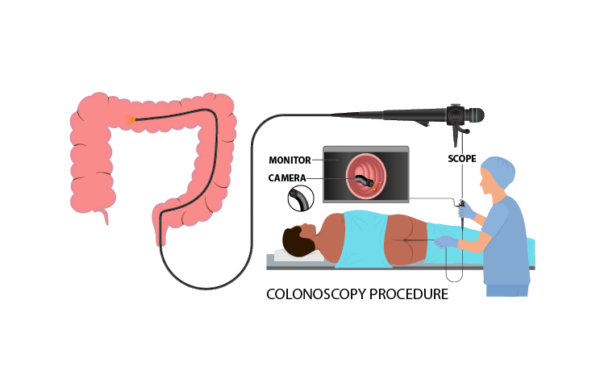
Beautiful When Should You Start Get Colonoscopy Artwork in HD
Explore this high-quality when should you start get colonoscopy image, perfect for enhancing your desktop or mobile wallpaper.
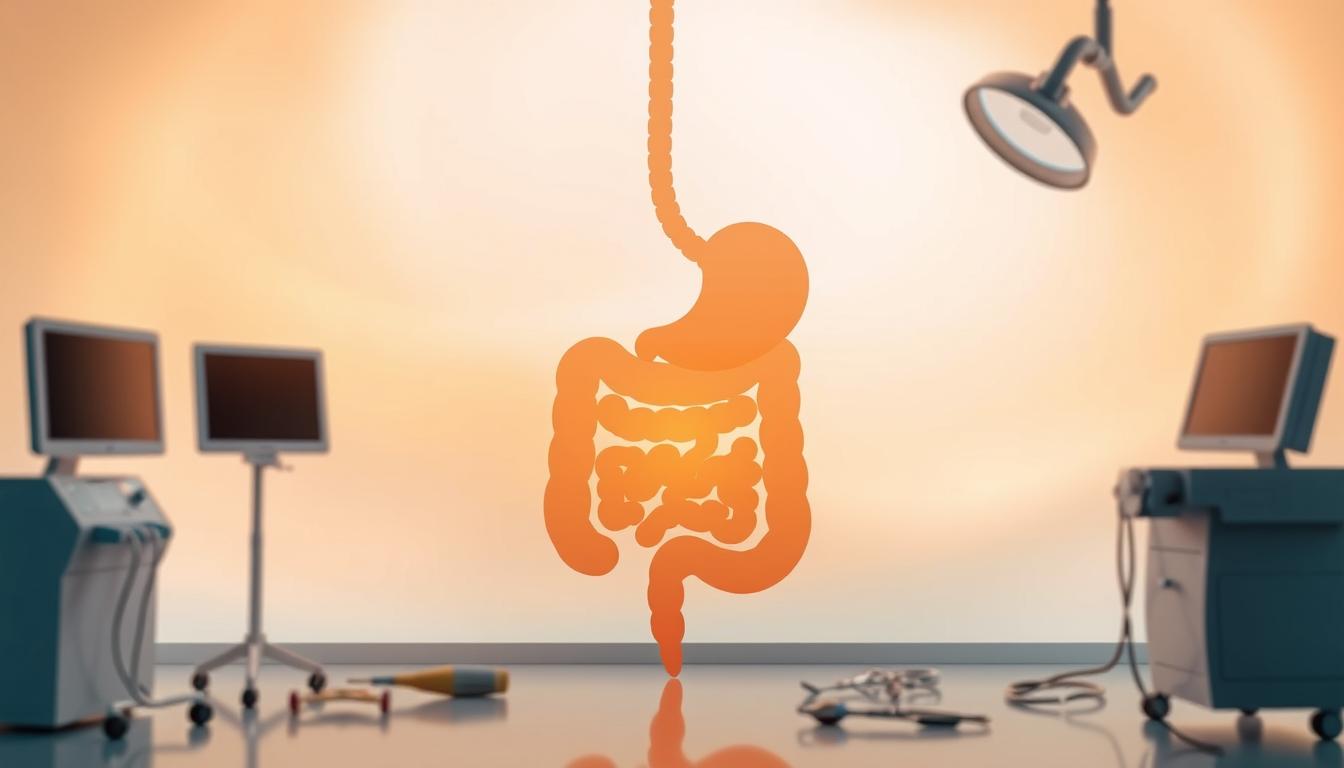
Lush When Should You Start Get Colonoscopy Photo Digital Art
Find inspiration with this unique when should you start get colonoscopy illustration, crafted to provide a fresh look for your background.
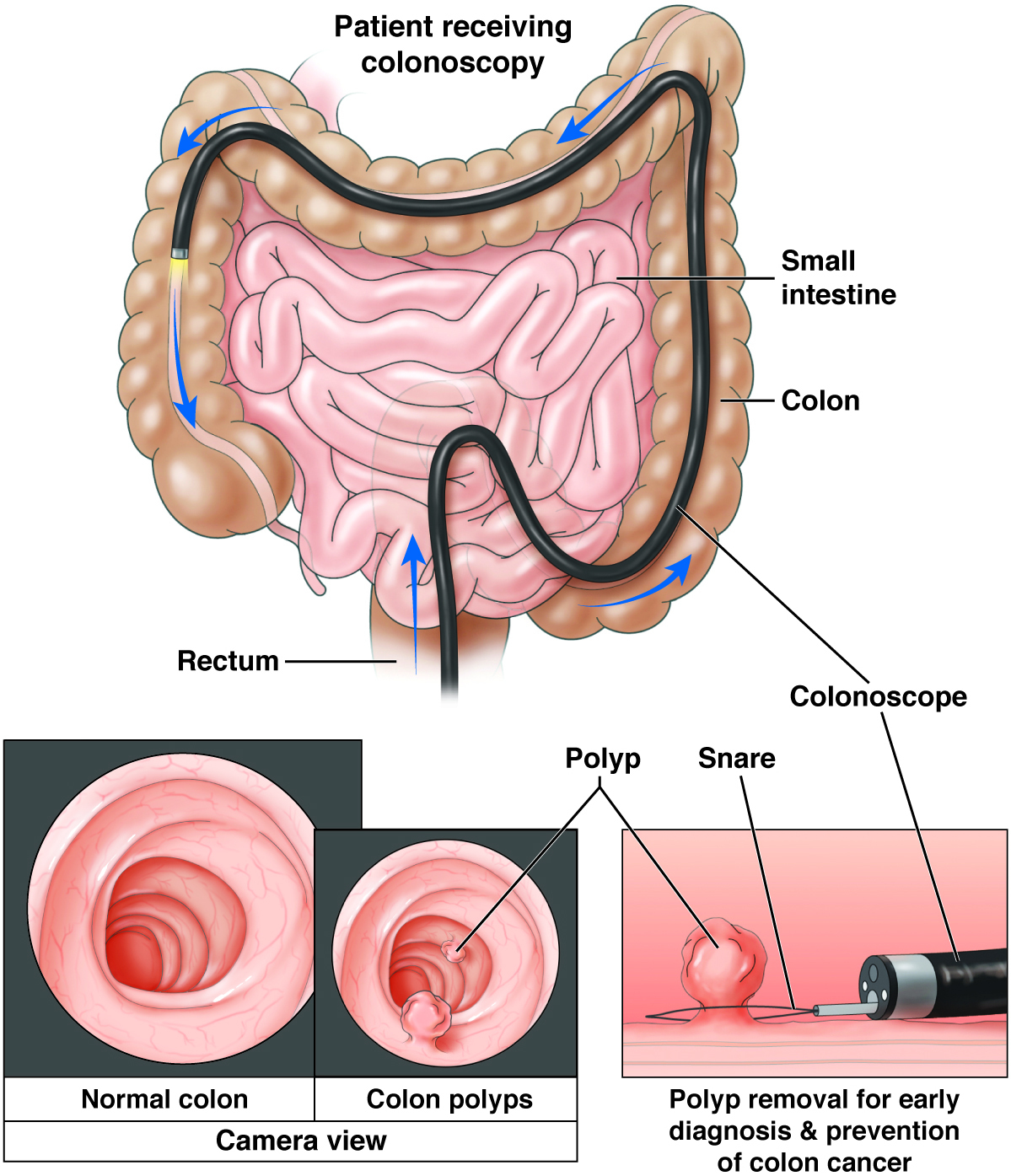
Detailed When Should You Start Get Colonoscopy Capture for Your Screen
Discover an amazing when should you start get colonoscopy background image, ideal for personalizing your devices with vibrant colors and intricate designs.
:max_bytes(150000):strip_icc()/4014117_color-5bb5325746e0fb0026d849e4.png)
Stunning When Should You Start Get Colonoscopy View Digital Art
This gorgeous when should you start get colonoscopy photo offers a breathtaking view, making it a perfect choice for your next wallpaper.

Breathtaking When Should You Start Get Colonoscopy Capture for Your Screen
Explore this high-quality when should you start get colonoscopy image, perfect for enhancing your desktop or mobile wallpaper.
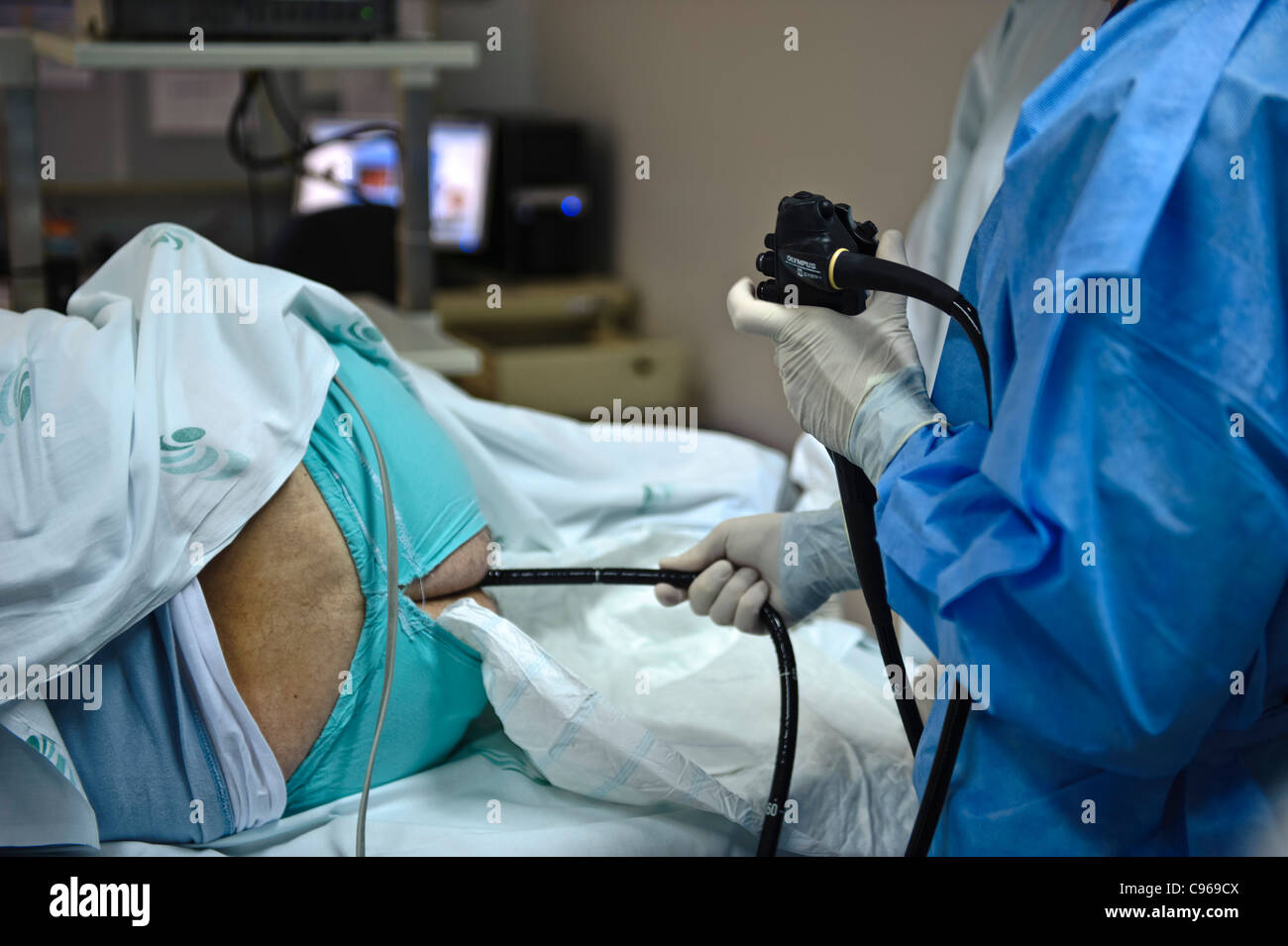
Vivid When Should You Start Get Colonoscopy Design Photography
Experience the crisp clarity of this stunning when should you start get colonoscopy image, available in high resolution for all your screens.

Spectacular When Should You Start Get Colonoscopy Artwork for Your Screen
A captivating when should you start get colonoscopy scene that brings tranquility and beauty to any device.
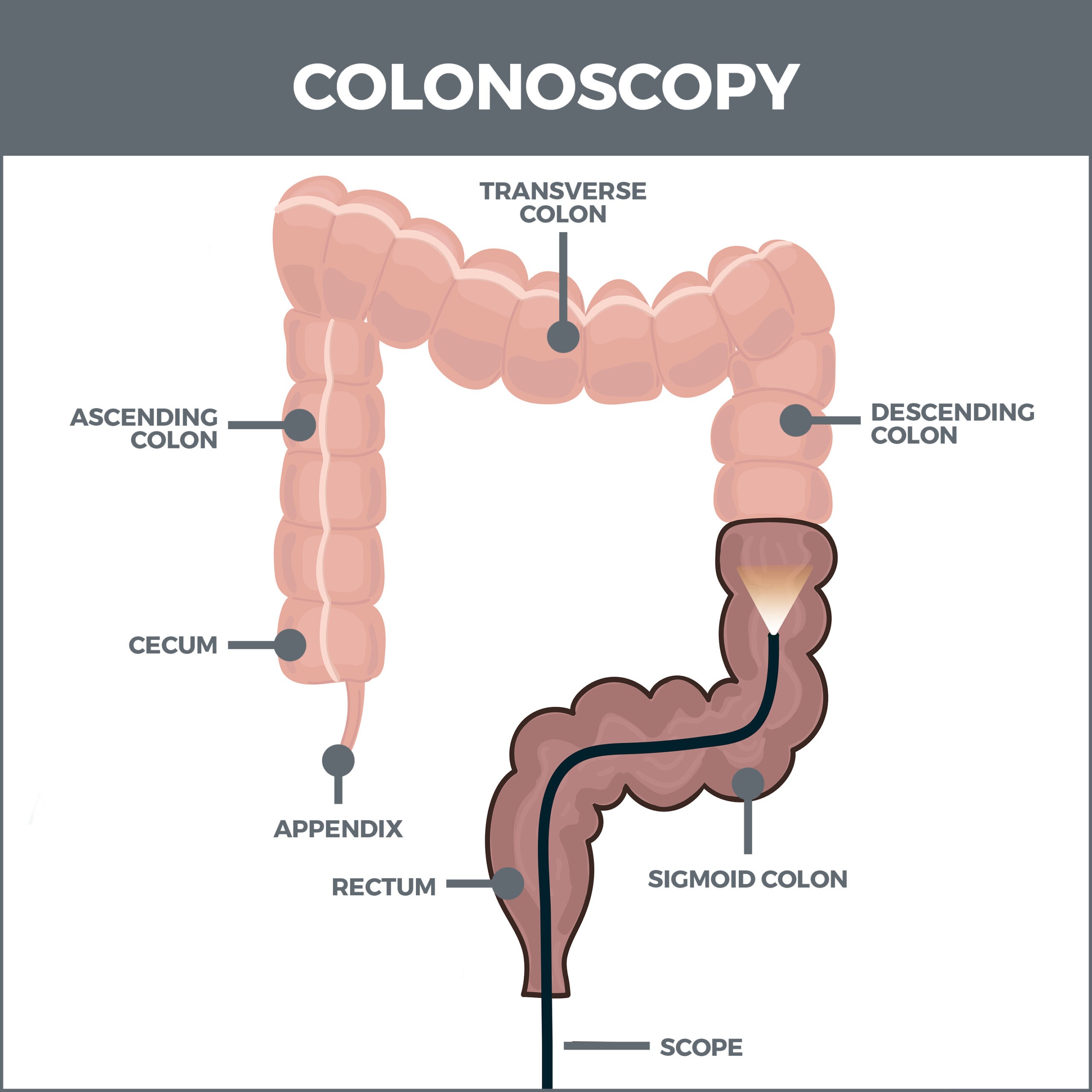
Spectacular When Should You Start Get Colonoscopy View Art
A captivating when should you start get colonoscopy scene that brings tranquility and beauty to any device.

Exquisite When Should You Start Get Colonoscopy Artwork in 4K
Find inspiration with this unique when should you start get colonoscopy illustration, crafted to provide a fresh look for your background.

Artistic When Should You Start Get Colonoscopy Wallpaper Nature
Immerse yourself in the stunning details of this beautiful when should you start get colonoscopy wallpaper, designed for a captivating visual experience.
:max_bytes(150000):strip_icc()/how-often-should-you-get-a-colonoscopy-5206994_final-f5065304c77447078a902ebabadd3978.jpg)
Captivating When Should You Start Get Colonoscopy Moment for Desktop
Immerse yourself in the stunning details of this beautiful when should you start get colonoscopy wallpaper, designed for a captivating visual experience.
:max_bytes(150000):strip_icc()/VWH-JessicaOlah-WhentoGetaColonoscopy-Standard-38484c64e90a4aeabaf353e646b977b0.jpg)
Breathtaking When Should You Start Get Colonoscopy Wallpaper Collection
Explore this high-quality when should you start get colonoscopy image, perfect for enhancing your desktop or mobile wallpaper.
:max_bytes(150000):strip_icc()/GettyImages-184357980-566f13065f9b583dc37d2c6c.jpg)
Gorgeous When Should You Start Get Colonoscopy Moment for Your Screen
A captivating when should you start get colonoscopy scene that brings tranquility and beauty to any device.
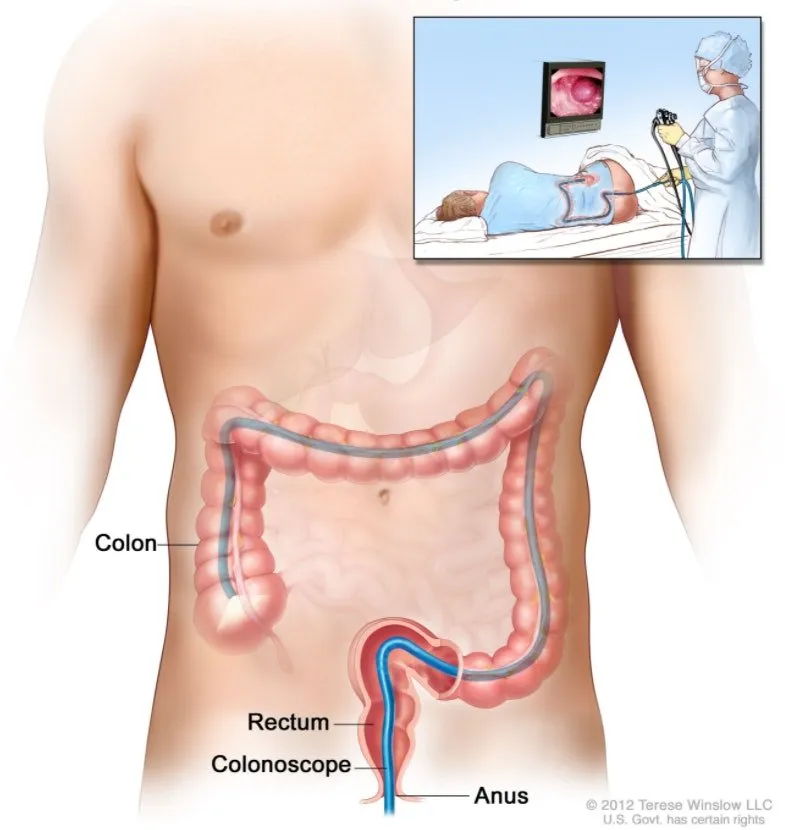
Artistic When Should You Start Get Colonoscopy View Digital Art
This gorgeous when should you start get colonoscopy photo offers a breathtaking view, making it a perfect choice for your next wallpaper.

Vibrant When Should You Start Get Colonoscopy Artwork for Desktop
Transform your screen with this vivid when should you start get colonoscopy artwork, a true masterpiece of digital design.

Amazing When Should You Start Get Colonoscopy Abstract Illustration
Discover an amazing when should you start get colonoscopy background image, ideal for personalizing your devices with vibrant colors and intricate designs.

Stunning When Should You Start Get Colonoscopy Artwork Concept
A captivating when should you start get colonoscopy scene that brings tranquility and beauty to any device.
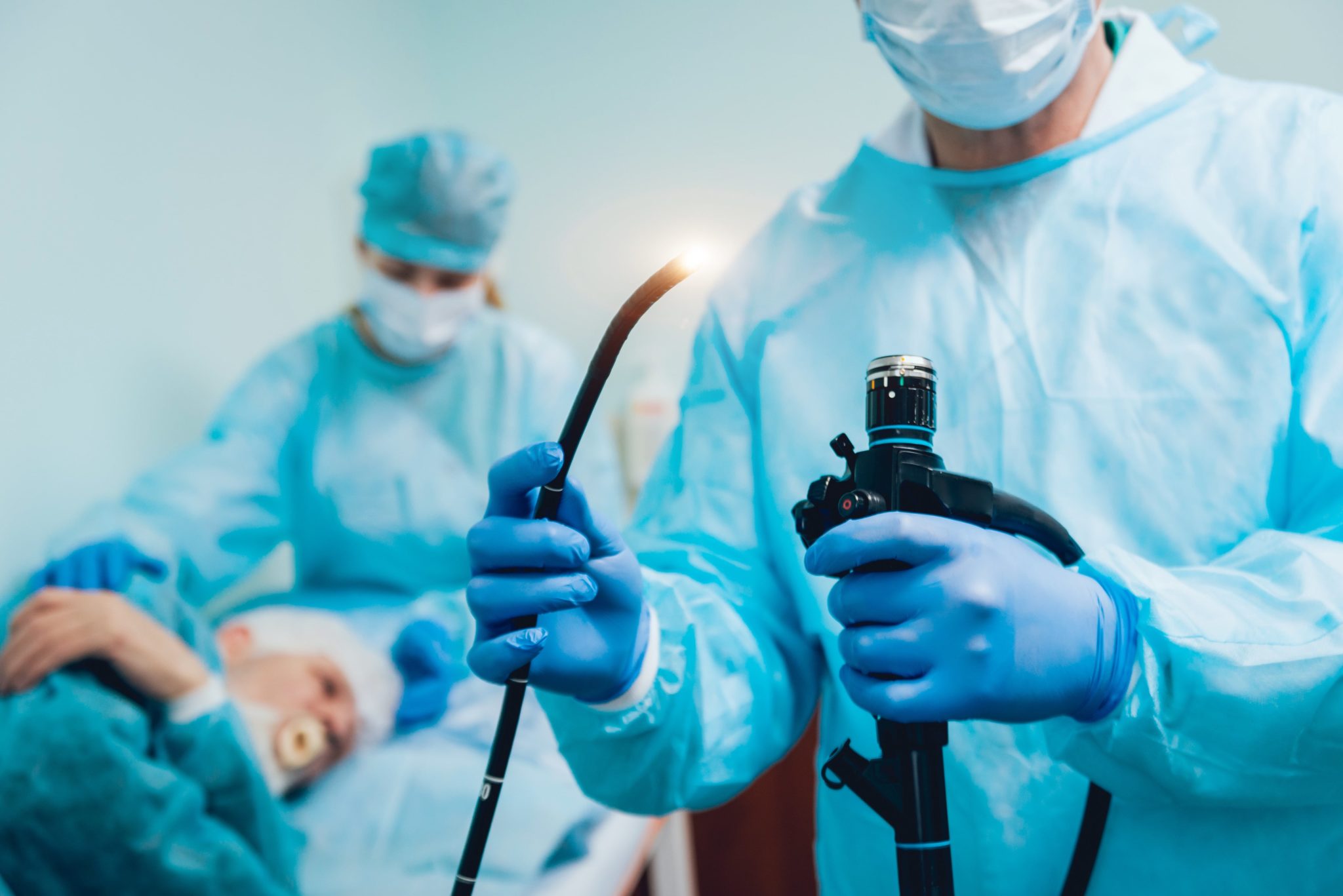
Exquisite When Should You Start Get Colonoscopy View Photography
A captivating when should you start get colonoscopy scene that brings tranquility and beauty to any device.
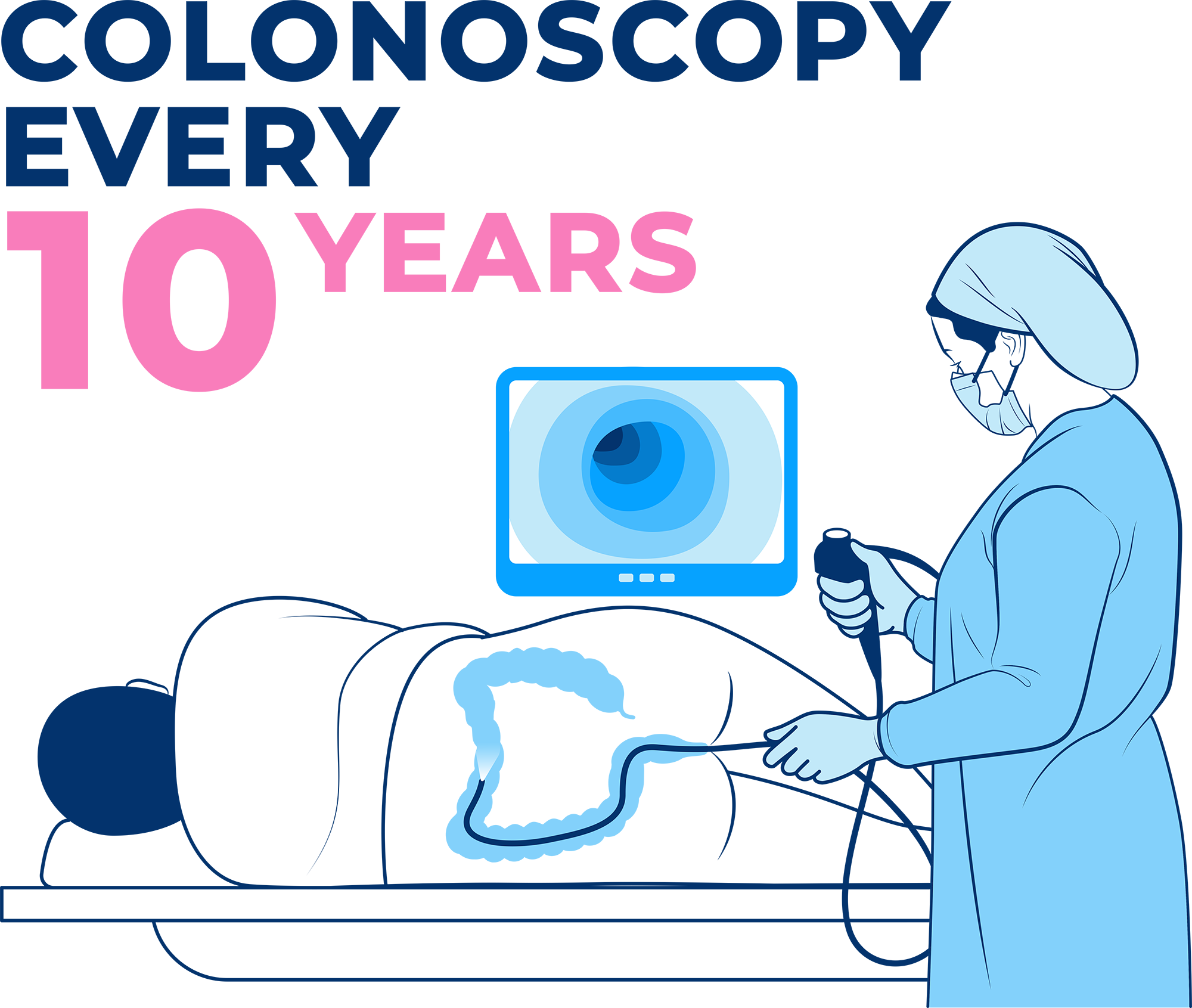
Crisp When Should You Start Get Colonoscopy Image Illustration
This gorgeous when should you start get colonoscopy photo offers a breathtaking view, making it a perfect choice for your next wallpaper.
Download these when should you start get colonoscopy wallpapers for free and use them on your desktop or mobile devices.
0 Response to "When Should You Start Get Colonoscopy"
Post a Comment